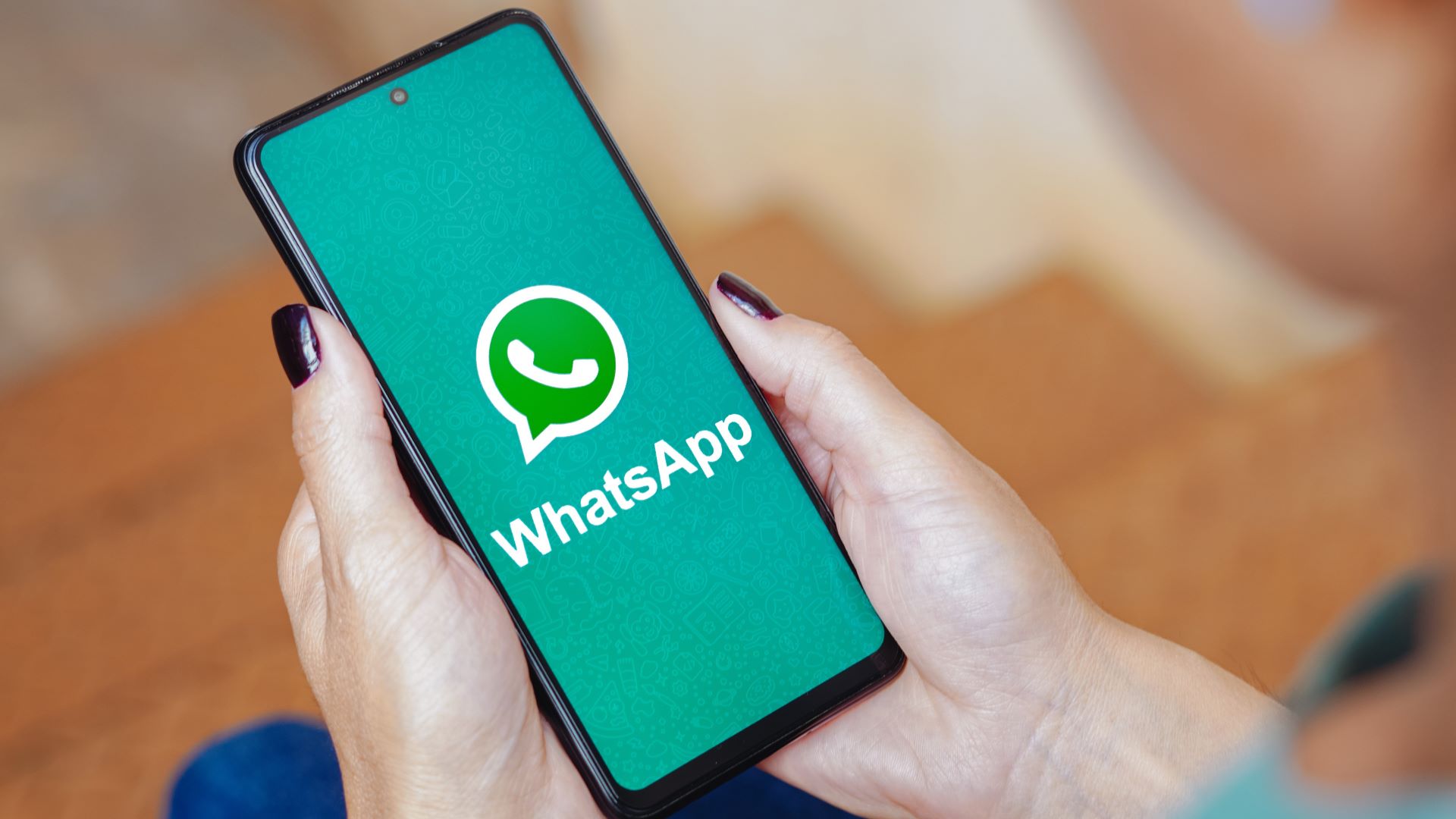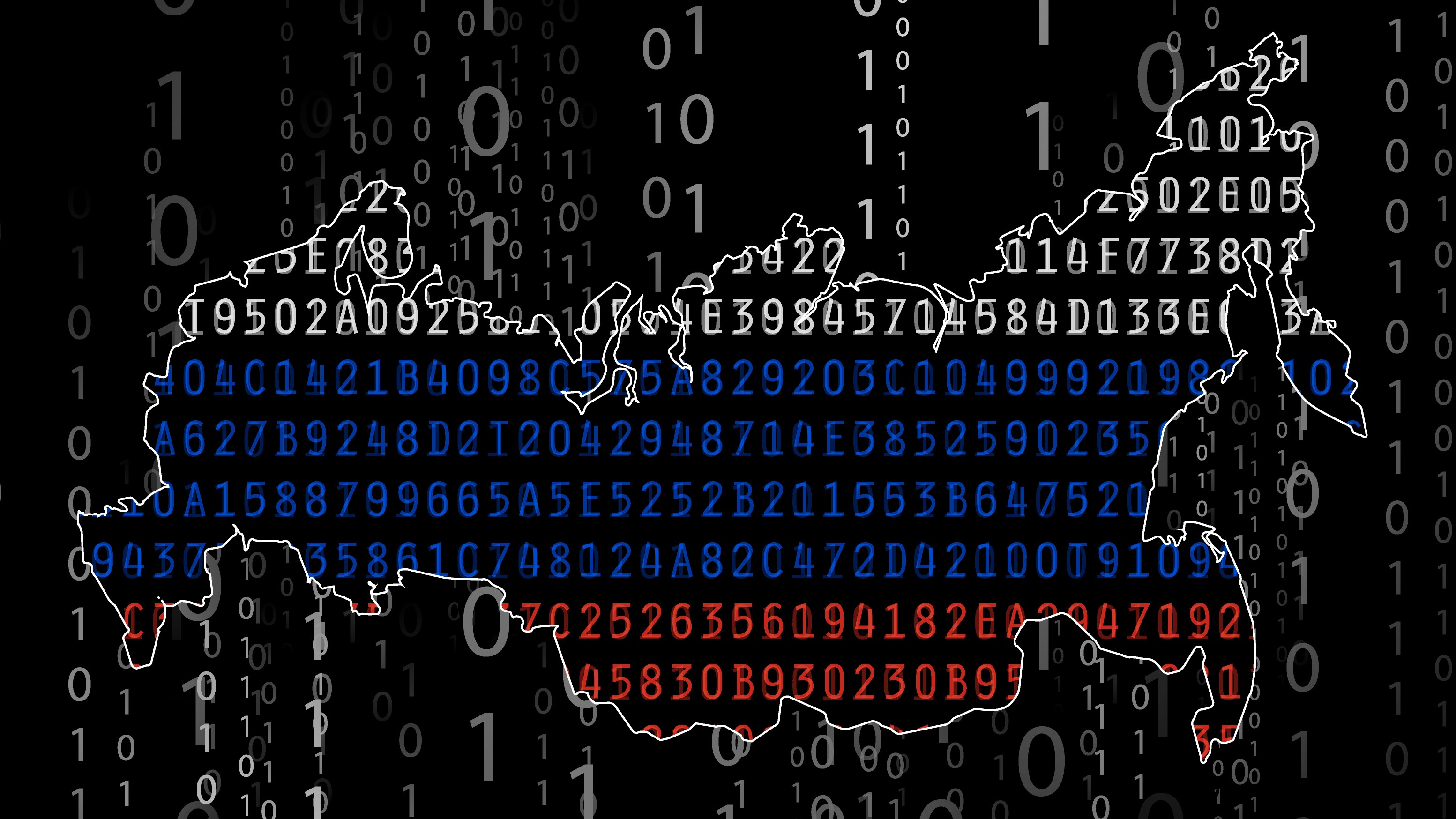WhatsApp could soon be banned in Russia – here's all you need to know
Russia's most popular messaging app could soon face the chop

- Russia is considering banning WhatsApp
- The Meta-owned app is the most popular messaging service in the country
- Max, a domestic messaging app integrated with government services, will be installed on every new device from September 2025
People in Russia may soon need to find a replacement for WhatsApp, the most popular messaging app across the country.
Talking to Reuters on Friday, July 18, 2025, the Deputy Head of the Russian parliament's Information Technology Committee, Anton Gorelkin, said that "it's time for WhatsApp to prepare to leave the Russian market," adding that Meta has been designated as an extremist organization in Russia.
On Tuesday, July 22, Russia passed a law to punish online searches for so-called 'extremist' content, while adding new penalties to those using VPN services.
How likely is WhatsApp to leave Russia?

Russian authorities haven't shared any details on how or when the WhatsApp ban will be enforced.
That said, Meta, the provider behind WhatsApp, has already been designated as an extremist organization, with two of its other services (Facebook and Instagram) being banned since 2022.
Kremlin spokesperson Dmitry Peskov, however, also reiterated the fact that WhatsApp "has certain duties under laws of the Russian Federation" that must be fulfilled – Interfax reported.
Two more government sources have then confirmed to Meduza, a Russian Independent media outlet, that "there’s a 99-percent chance" the WhatsApp block will happen.
The looming WhatsApp ban comes as the Kremlin is developing its own messaging app with government services integrated. From September 2025, Max is set to be installed on every device sold in Russia, the Independent reported.
Can a VPN help?
A virtual private network (VPN) encrypts users' internet connections while spoofing their real IP address. The latter skill is generally used to bypass this type of internet geo-blocking – something Russian authorities have been trying to prevent for a long time.
From ever-sophisticated VPN blocking tactics, which make many VPN services stop working, the Kremlin even criminalized the spread of information about ways to circumvent internet restrictions in March 2024, forcing the likes of Apple to remove some of the best VPN apps from its official App Store.
Now, a new law further complicates things for VPN users. Starting from July 22, there are new penalties for people searching for and accessing "knowingly extremist materials," including when they do that while connected to a VPN.
Furthermore, lawmakers have reportedly also adopted a provision that makes using a VPN to access extremist content – something that WhatsApp may be set to become – "a crime as an aggravating factor."
You might also like

Chiara is a multimedia journalist committed to covering stories to help promote the rights and denounce the abuses of the digital side of life – wherever cybersecurity, markets, and politics tangle up. She believes an open, uncensored, and private internet is a basic human need and wants to use her knowledge of VPNs to help readers take back control. She writes news, interviews, and analysis on data privacy, online censorship, digital rights, tech policies, and security software, with a special focus on VPNs, for TechRadar and TechRadar Pro. Got a story, tip-off, or something tech-interesting to say? Reach out to chiara.castro@futurenet.com
You must confirm your public display name before commenting
Please logout and then login again, you will then be prompted to enter your display name.